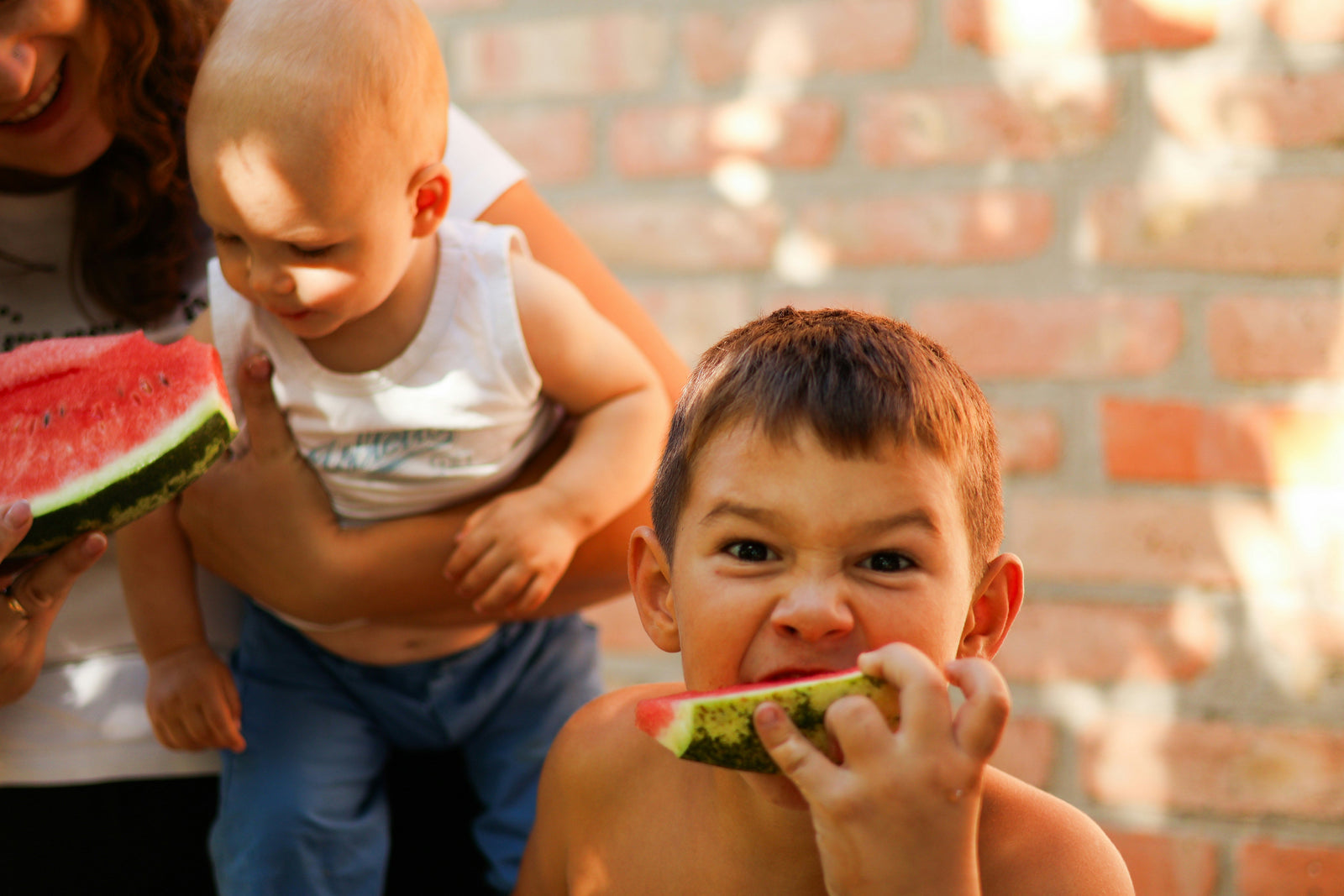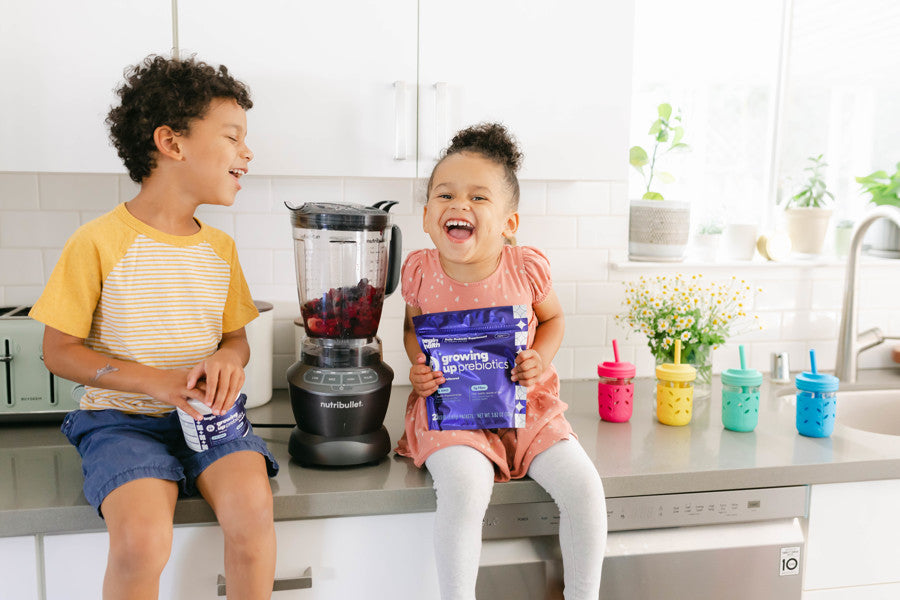Your Cart is Empty
Continue shoppingThe Effects of Laxative Dependency on Kids
Medically reviewed by Begin Nutrition Team | Published December 13, 2024
share this article

Laxatives are commonly used to relieve constipation and promote regular bowel movements. However, prolonged or excessive use of laxatives can lead to dependency, which can have significant impacts on digestive health and overall well-being, especially in kids.
This blog explores the effects of laxative dependency and what parents can do to reduce their kids' laxative use.
What is Laxative Dependency?
Laxative dependency occurs when the body becomes reliant on laxatives to produce bowel movements.
This dependency can develop due to various factors, including prolonged use of stimulant laxatives or habitual use without addressing underlying causes of constipation.
Negative Effects of Laxative Dependency
Digestive System Dysfunction
Regular use of laxatives can disrupt the natural balance of the digestive system. Studies indicates that chronic laxative use can lead to laxative-induced constipation, where the intestines become less responsive to normal stimuli for bowel movements [1].
Electrolyte Imbalance
Certain types of laxatives, particularly stimulant laxatives, can cause electrolyte imbalances.
This can result in deficiencies of minerals such as potassium, magnesium, and sodium, which are essential for proper muscle function and overall health.
Begin Health Expert Tip
Can magnesium help with constipation in kids? Check out what our dietitian reveals about magnesium benefits for kids.
Dehydration
Laxatives can increase fluid loss through the intestines, leading to dehydration if adequate fluids are not consumed. Dehydration is a common side effect of laxative overuse, which can exacerbate constipation and other gastrointestinal issues [3].
Begin Health Expert Tip
Learn more here about how dehydration affects constipation in kids.
Dependency and Bowel Function
Over time, the bowels may become reliant on laxatives to produce bowel movements. This can lead to decreased natural bowel motility and a weakened ability to pass stools without the aid of laxatives. Research suggests that habitual laxative use can alter the gut microbiota and impair normal bowel function [4].
Psychological Impact
Dependency on laxatives can also have psychological effects, including anxiety about bowel movements and a heightened reliance on laxatives to alleviate perceived constipation. TheJournal of Clinical Psychiatry discusses the potential for laxative misuse to contribute to psychological distress in individuals, including kiddos.
Preventing Laxative Dependency in Kids
To prevent the development of laxative dependency in kiddos, it's important to focus on natural methods for promoting healthy bowel movements:
- Dietary Fiber: Encourage a diet rich in fruits, vegetables, and whole grains, which naturally support regular bowel movements.
Begin Health Expert Tip
Growing Up Prebiotics is often used by parents as their kids are weaning off laxative use. Read more here to learn about the differences between Prebiotics vs Laxatives for Kids.
- Hydration: Ensure kids drink plenty of water throughout the day to maintain hydration and soften stools.
- Physical Activity: Promote physical activity, as exercise stimulates bowel function and helps prevent constipation.
Summary
Laxative dependency in kids can lead to digestive dysfunction, electrolyte imbalances, dehydration, impaired bowel function, and psychological distress. Promoting natural methods to support healthy digestion can help prevent the negative effects of laxative dependency in kids.

Author
Begin Nutrition Team
Trending

How to Transition Kids Off Stool Softeners Safely
read now
How to Know If Your Kid Needs a Stool Softener (or Something Else)
read now
Why Parents Are Choosing Prebiotics Over Stool Softeners for Kids
read now






